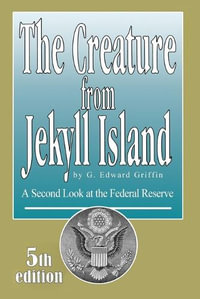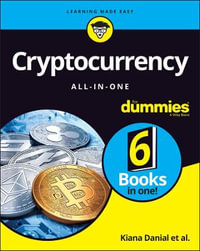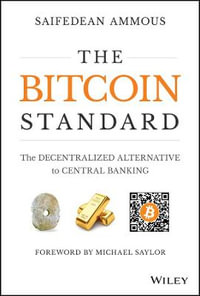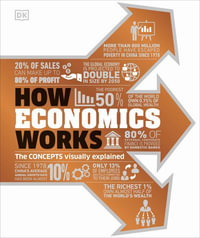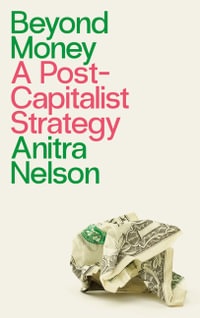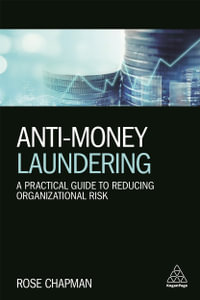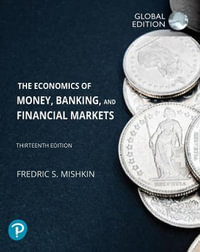Many of the assumptions that underpin mainstream macroeconomic models have been challenged as a result of the traumatic events of the recent financial crisis. Thus, until recently, it was widely agreed that although the stock of money had a role to play, in practice it could be ignored as long as we used short-term nominal interest rates as the instrument of policy because money and other credit markets would clear at the given policy rate. However, very early on in the financial crisis interest rates effectively hit zero percent and so central banks had to resort to a wholly new set of largely untested instruments to restore order, including quantitative easing and the purchase of toxic financial assets. This book brings together contributions from economists working in academia, financial markets and central banks to assess the effectiveness of these policy instruments and explore what lessons have so far been learned.
Industry Reviews
'Many failings were revealed by the on-going financial crisis. The reputations of bankers and regulators have been shredded. But the reputation of academic macro-economists also joined them in the dust-bin. In this important new book Chadha and Holly take stock of the lessons of the financial crisis and the unconventional measures that have had to be adopted, in order to bring academic analysis to bear on the extraordinary events of recent years, and to restore dignity to our profession.' Charles Goodhart , Emeritus Professor of Banking and Finance, London School of Economics and Political Science
'A wide-ranging examination of central bank actions during the financial crisis using state-of-the-art methods.' Glenn Rudebusch, Executive Vice President and Director of Research, Federal Reserve Bank of San Francisco
'This is an excellent first installment in a series of books that examines the implications of the financial crisis for the field of macroeconomics. The various chapters, written by a blend of top academics and central bank economists who are in the frontline, cover both the theory and the practice of how monetary policy ought to respond to financial crises.' Frank Smets, Director General of the Directorate General Research, European Central Bank

